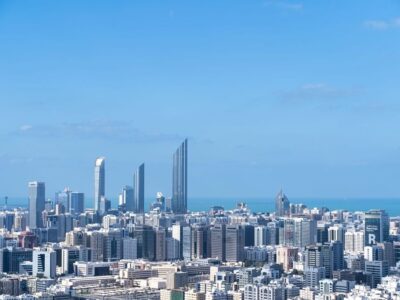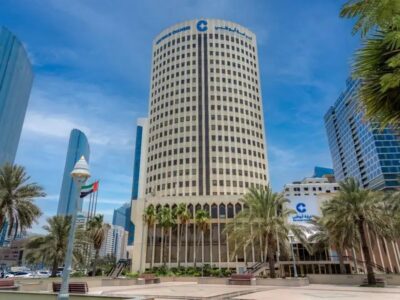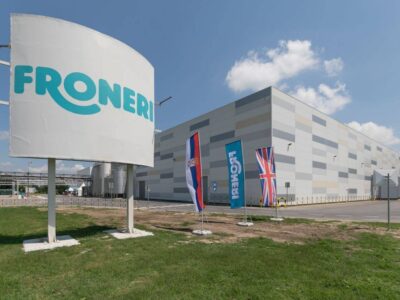DP World run Djibouti Port hopes to become a leading regional shipping hub, unaffected by Dubai World’s debt problems, the port’s chairman said. The debt woes of Dubai World, parent company of port operator DP World, will not deter plans to boost volumes at the Doraleh terminal, the Chairman of the Djibouti Ports and Free Zones Authority, Aden Douale, told Reuters in an interview at his seaport office.
Djibouti, a former French colony which separates Eritrea from Somalia, hosts France’s largest military base in Africa and a major US base. Its port is used by foreign navies patrolling busy shipping lanes off the coast of Somalia to fight piracy.
As a 50 metre (164 ft) crane lifted cargo outside his office, Douale said: “Djibouti is one of the best projects DP World has. Djibouti was their first external port. We were their baby. And this baby is doing well compared to most ports in the world.”
He added: “Dubai’s debt problems didn’t impact Djibouti Port at all.”
DP World is one of the world’s largest port operators and is 77 percent owned by government linked Dubai World, but is not included in its parent’s debt $26 billion restructuring plans.
DP World’s activities appear to have been little affected by concerns over its parent firm’s debt. In January it opened a container terminal in Vietnam, and in February Yemeni officials said it planned a major expansion of Aden port.
On Friday, Douale said he was not worried that Dubai World’s creditors could demand a fire sale of its DP World assets.
Douale plans to make the port the leading transhipment hub for the Common Market for Eastern and Southern Africa (COMESA) – a trade bloc grouping around 20 countries.
He said: “Our strategy is to become the number one port of the COMESA market. We are well located between the African markets and China, Japan, India.”
Douale added: “Last year the volume of the container terminal was almost 700,000 containers,” adding it continues to grow.
About 70 percent of the space is allocated to Ethiopia, 20 percent to local business, and 10 percent to other cargo.
Ethiopia uses Djibouti as a main sea gateway for goods such as wheat and construction materials. Big international vessels deliver and store cargo there, which is then sent by land routes mainly to East African countries. (Reuters)







